ICESCO is increasingly attaching paramount importance to supporting its Member States that have experienced security crises. The security situation has had a lasting impact on the protection of cultural property with the corollary of the inscription of 34 sites from the Islamic world inscribed on the List of World Heritage in Danger. This lids to the increase in the illicit trafficking of cultural property, the abandonment of several historic cities including heritage knowledge and know-how.
These are at the heart of the cultural economy, and the cessation of cultural tourism, which is an essential link to the sustainability of these countries in a global context marked by environmental crises and the drastic depletion of fossil resources. 26 of the sites on the World Danger list are in war zones. For an adequate response to this phenomenon, the
Islamic World Heritage Centre (CPMI) offers a post-conflict cultural heritage management programme to support countries affected by politico-military conflicts and other security crises in order to ensure the sustainability of these cultural properties.
Our approach is to draw more attention to the impact of armed conflicts on cultural, tangible and intangible heritage among the various international institutions, actors and civil society bodies in the Islamic world.
The mobilization of resources, cultural heritage professionals and the media to support this ICESCO initiative. It is a question of creating synergy, in the Islamic world, around the issue through the organization of management training workshops to build capacity to better protect heritage sites in the event of and after the conflict.
The strategy is aimed at reconciling the conservation of heritage sites and the safeguarding of intangible heritage with the socio-economic development of communities. The aim is to empower communities to promote local knowledge, highlight cultural products and revive the cultural and tourist economy in regions formerly affected by conflict.
Preliminary work
Implementation of the initiative
Field based training Courses on Post Conflict recovery will be based on regional bases with the initial curse taking places in Azerbaijan, MENA region and in Sub Saharan Africa. The overall objective is to conduct at least two capacity building workshops in each region within a biennium.
Each course will be for two to three works including the field component.
Main focus of capacity building will be:
The training workshops will ensure that the local universities are part of the proposed programme in order to build continued sustainability of capacity building in the region.
March-July 2024
March-September 2024
Mars/Avril 2025
2024
2025
2024-2025
2024-2025
June to December 2024
